Living a zero waste lifestyle doesn't have to be hard. The key is to focus on the five R's: reduce, reuse, recycle, repair and rot (compost). RRRRR me hearties! With just a few small changes we can make a big difference in our overall footprint; helping ourselves and the planet too! Let's look at the top 5 ways to go zero(ish) waste, from reducing our landfill inputs to composting food scraps.

REDUCE
It all starts here. Buy less. Use less. Australian social economist Clive Hamilton talks about how Affluenza is a collective sickness in society. We keep buying stuff we don't need, thus increasing our footprint and enslaving ourselves to debt. If we make smarter purchasing decisions we're already on track to zero waste and making a real difference to landfill & wallet levels. Seriously though: Is it really necessary to have an extra flat screen in the kitchen? Or that fridge bursting with wilted supermarket produce? It all adds up.
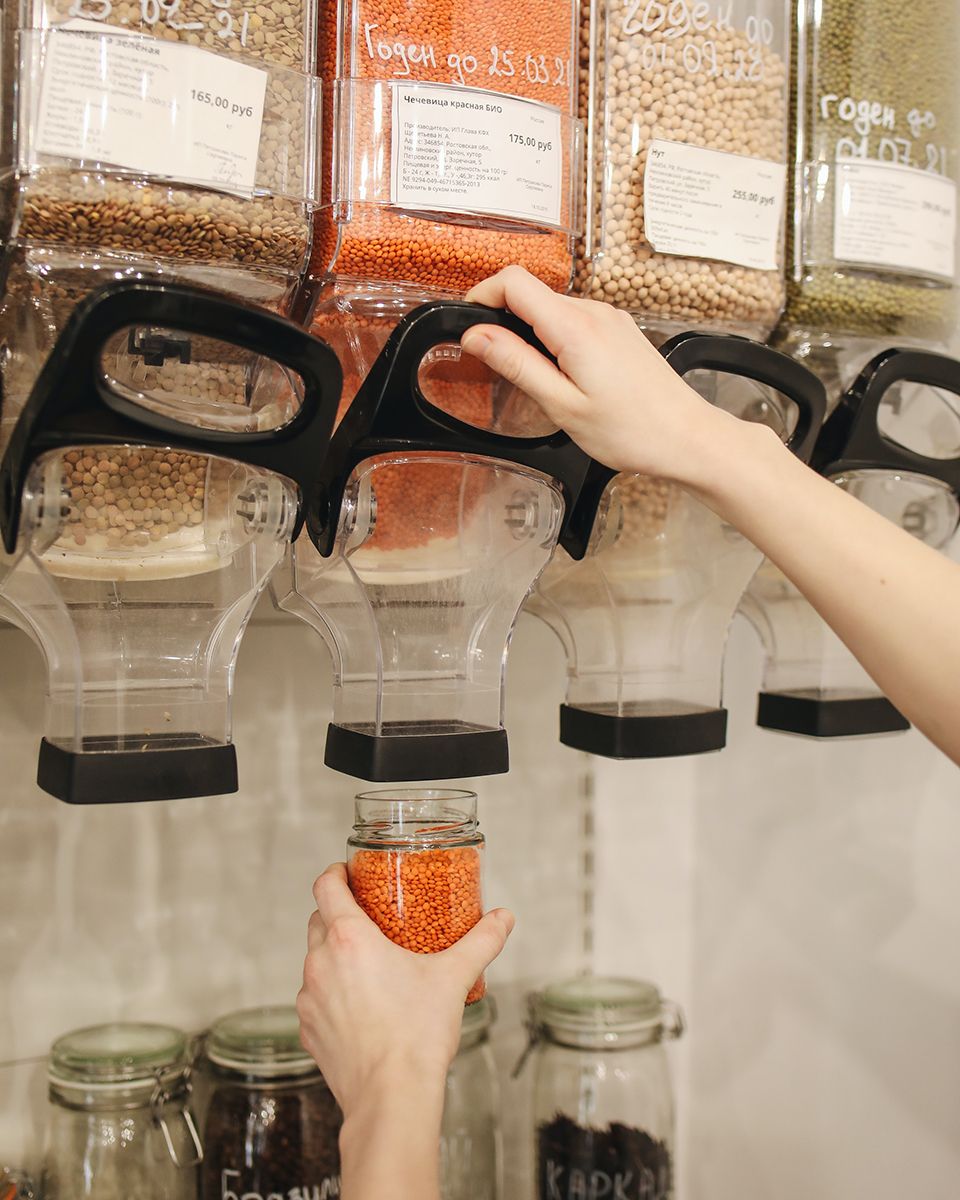
By reducing consumption, we minimise our individual environmental impact as well as the amount of resources needed to produce products in the first place. This can involve choosing more sustainable products such as those made with natural, renewable materials, or buying items that are second hand or used.
We can also reduce our reliance on single-use items such as plastic bags or bottles, opting instead for reusable alternatives that can help us contribute towards a more sustainable lifestyle. Being mindful of our food choices; growing our own food, buying locally produced food and reducing food waste helps ensure we use resources most efficiently. And not leaving home without our drink bottle or keep cup!
REUSE
Buy things built to last or which can be reused. The initial investment may be more initially but spending less upfront is often a false economy. Like Christmas, we merely end up very briefly, playing the role of middleman between supplier & the tip.
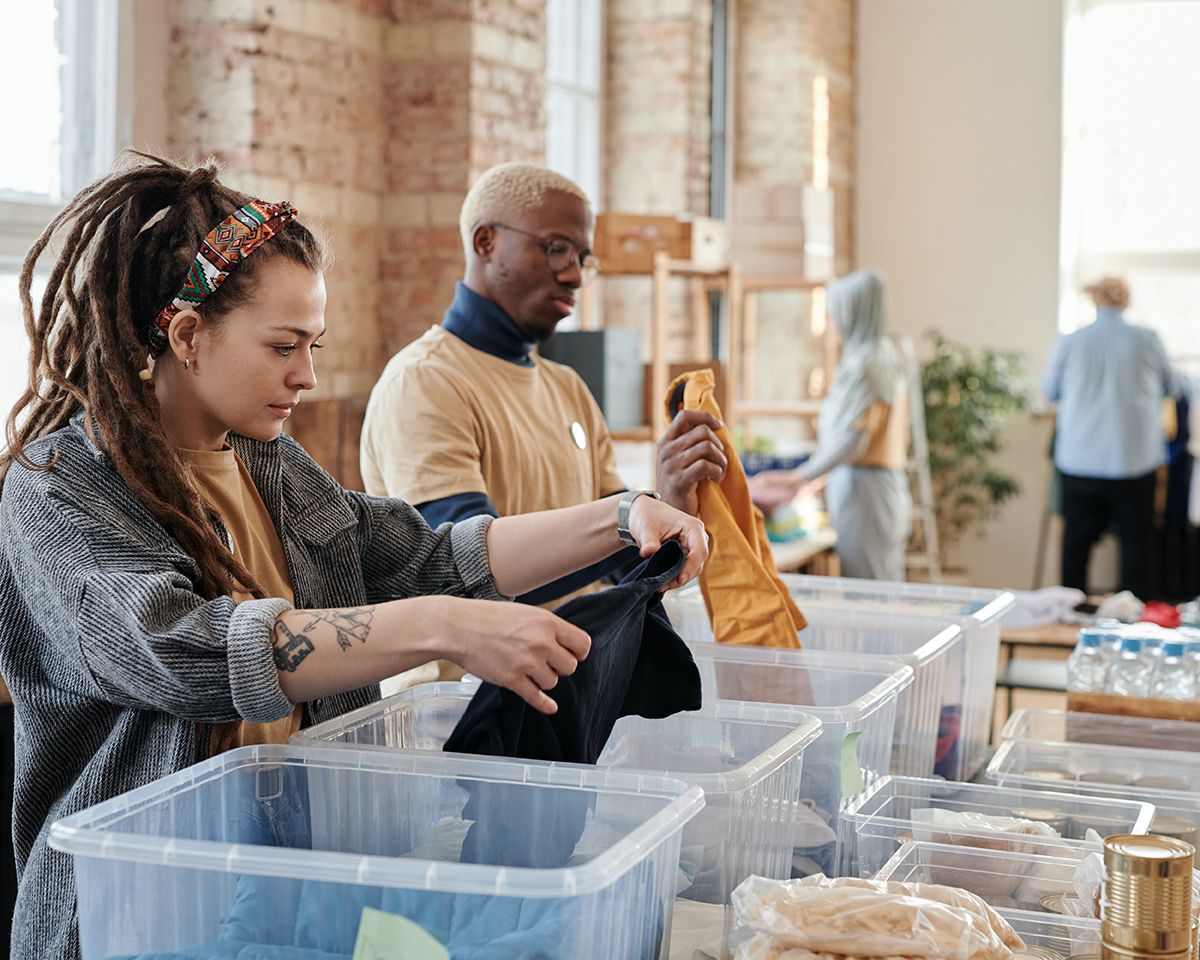
Use products in glass rather than plastic containers. Look for second hand items. Borrowing from friends or family is also a great option for reusing items for shorter periods. Start thinking about creative uses for old items, such as using T-shirts for dusting cloths, tin cans as plant pots, egg cartons for seedlings... See where this is going?
An idea is to create an item library, allowing people from the same community to lend items like tools, party equipment, toys, etc., to one another. Oh and eat our leftovers... I used to be terrible with this and saw it as a sad B option, but no! Leftovers rule. We just have to rejig with smart garnishing, so instead of a chore, our brain sees it as a treat! It's all in the psychology.
REPAIR
It's only a recent turn of events that when something breaks we toss it out. This disposable mentality amongst the masses was previously ill-afforded. It comes at the expense of both our spiritual, financial and environmental health. If it aint broke don't fix it, but if it is, please do! In the last decade we have experienced the re-emergence of the makers movement as our priorities begin to change and once more we value that artisans breathe back life into forgotten things. Do yourself a favour and if you can't fix it yourself, find someone in your community who can.
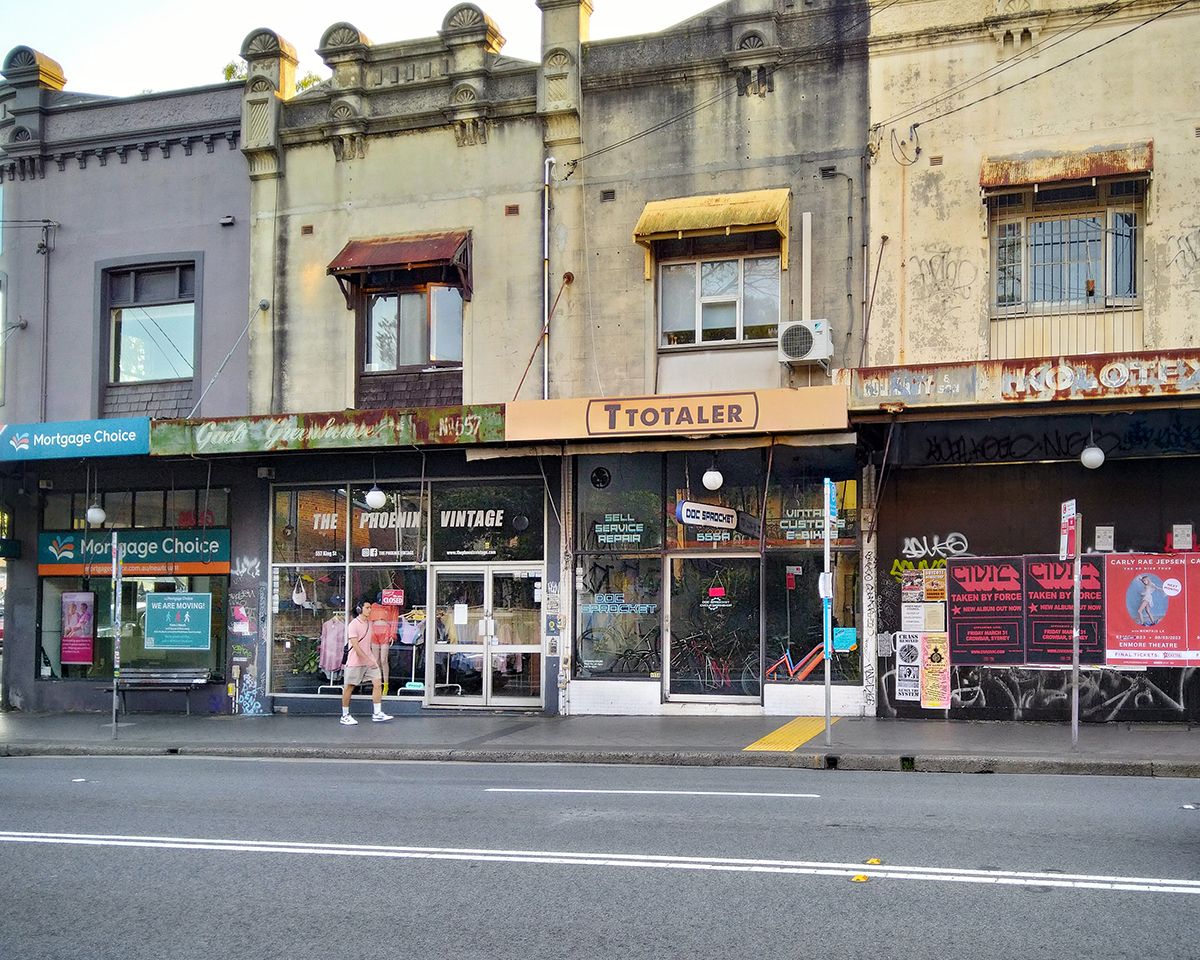
Depending on the product, repair could be as easy as replacing batteries or as difficult as finding the exact replacement parts. Repairs can be costly but they’re cheaper than buying the item again, even when superficially they might appear not to be. Think of the hidden costs! Do your research, talk to experts, and watch instructional videos on YouTube for guidance.
Recently we found this fun store, Doc Sprocket hidden amongst the well patina'd Sth King St, Newtown. They completely refurbish old bikes giving them a new improved lease of life. These small businesses are popping up everywhere and need our support to keep the cough cycle going round. Stay glued to what's happening in your community.
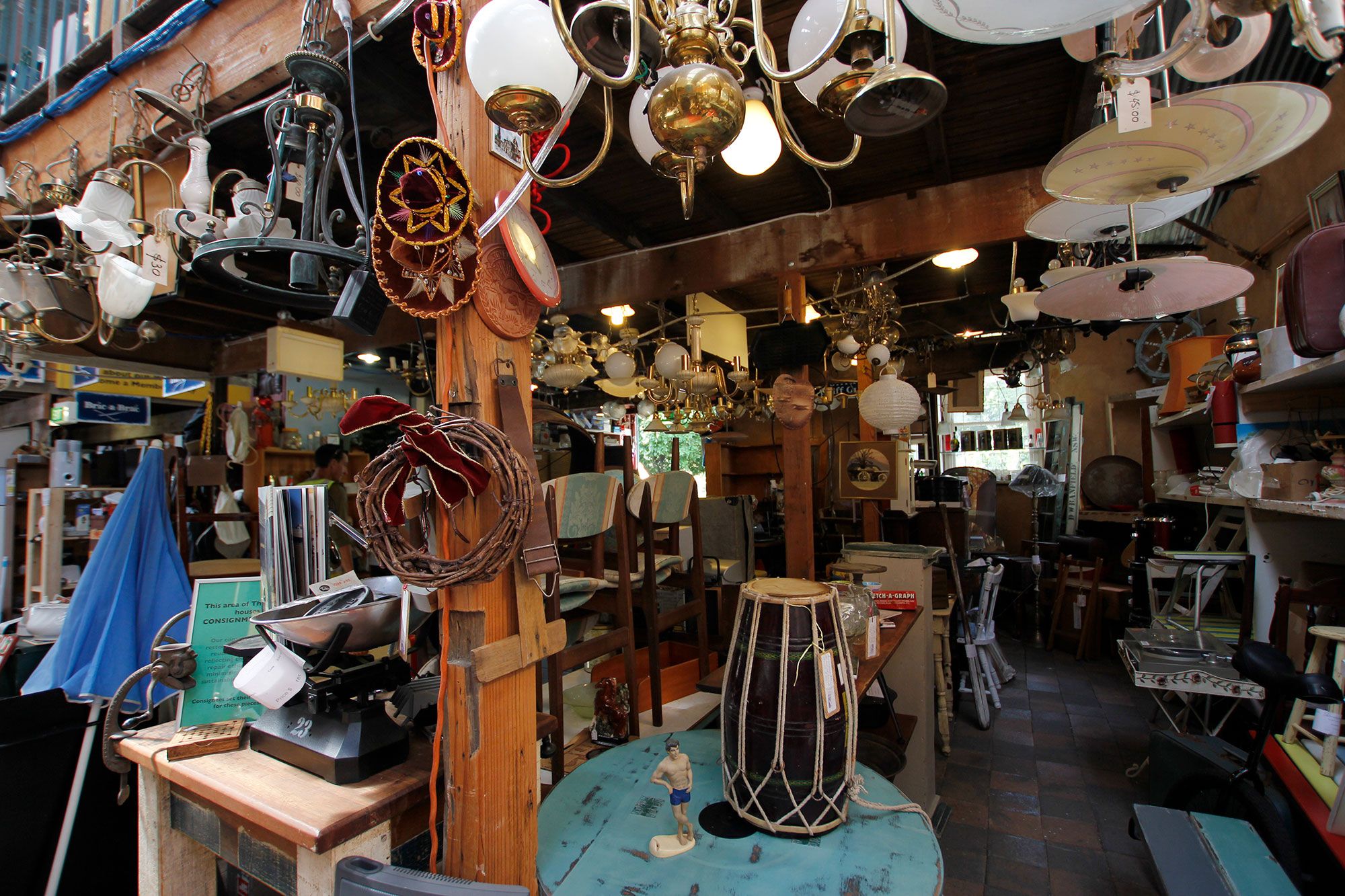
If you’re looking for thrifty ways to repair your belongings, check out secondhand stores or one dollar shops for parts. Many communities have repair cafes that offer repairs for free or have stores. They are staffed by volunteers that are happy to help repair your items. Lastly, don’t underestimate the power of DIY repairs, as these can save you lots of money in the long run!
RECYCLE
Living a sustainable lifestyle means looking at ways to reduce waste before it hits landfill. This includes buying products with minimal or no packaging, using reusable shopping bags instead of plastic ones and replacing single-use items like straws with a reusable version. It also includes repurposing things like old furniture or clothes instead of throwing them away.

For those everyday items that can't be reused or recycled, and unwanted plastic waste there are a few options available. Recently Recycle Smart have stepped into the problematic soft plastics void. Their increased partnerships amongst councils mean there are more opportunities to recycle, well, smarter. And growing day by day. Some of the items they're now covering include: soft plastics, clothes, e-waste, batteries, light bulbs, shoes and so much more!
Many councils offer recycling services above and beyond the generic 'yellow lid' collection bin. Council Cleanup Days allows residents to put out household goods like TVs or fridges in special collection areas or on the street. Who doesn't love trawling the hood on those days for free verge shopping? One cat's trash is another cat's treasure!
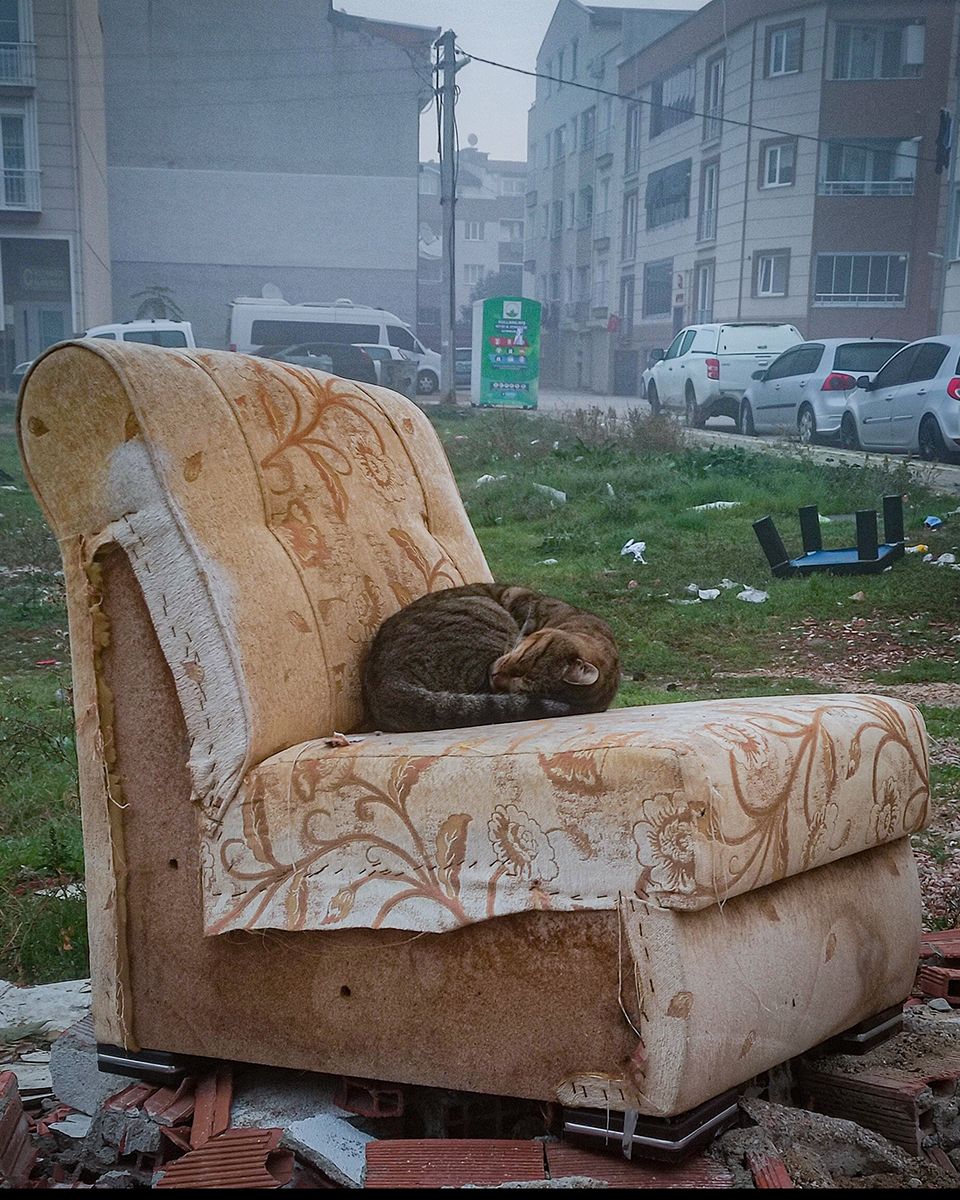
Alternatively, you can donate them to a charity shop or a reuse centre, where they can be refurbished for sale or use in other projects. As an added bonus, this keeps these unwanted items out of landfill and gives them a second life. By following these simple steps, we can all make a difference in reducing landfill waste.
ROT
We are rotten and proud of it! Rot isn't 100% accurate but you've got the compostable drift...
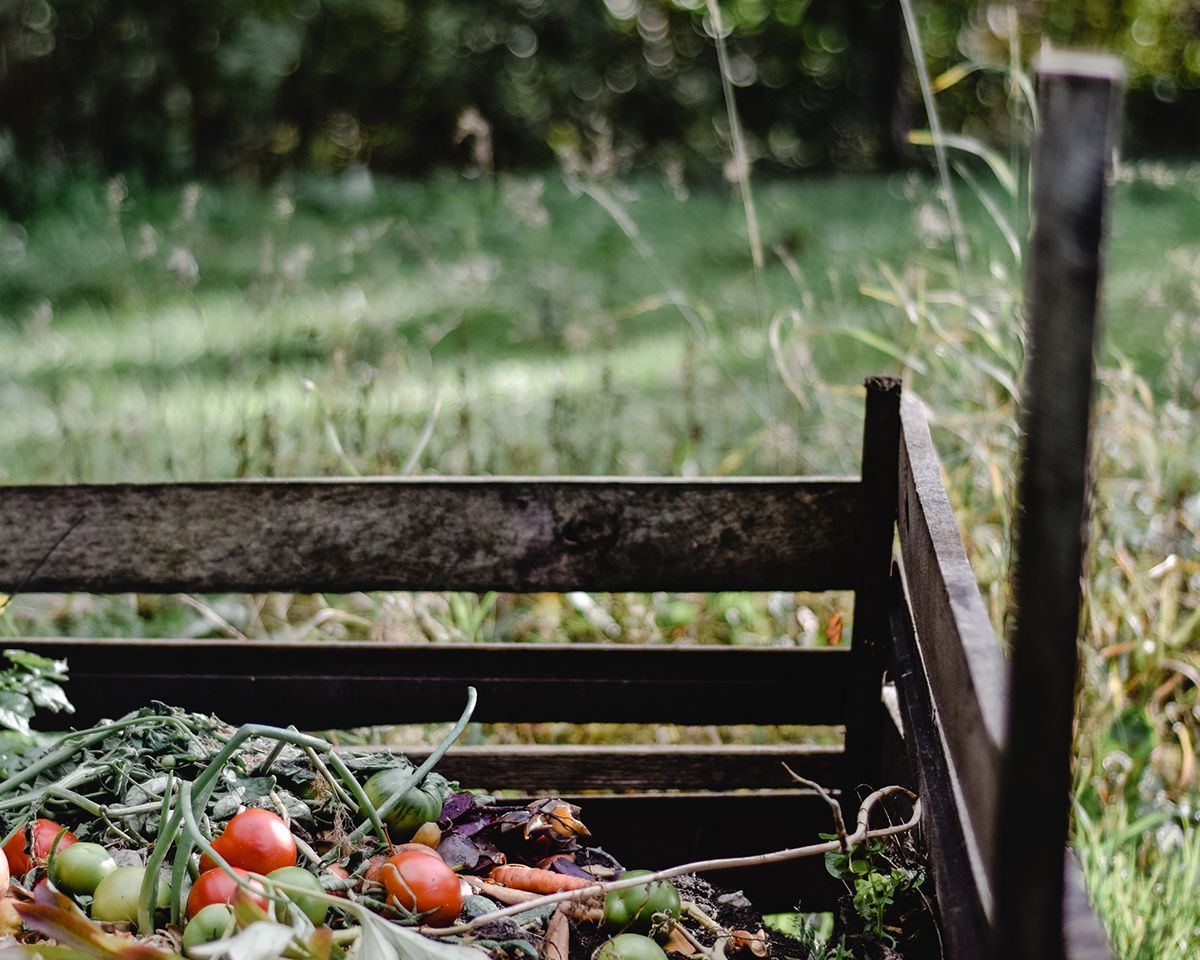
Bottomline is by composting we reduce our footprint. Compost is a natural way to restore soil health and nutrients, reduce water usage and methane emissions generated by landfills. Diverting our food waste automatically does this! Compost can also be used to nourish vegetable gardens, fruit trees, flower beds, lawns, pot plants and many other applications. Growing our own food helps reduce greenhouse gas emissions generated through transportation of food and reduces landfill due to packaging.
Food security also improves the quality of life especially in uncertain times. Up until a hundred years ago there were no supermarkets which has deeply affected our consumption behavior (food & spend). Ultimately the most effective way of reducing our impact on landfill is reducing the amount of non-recyclable materials we consume & compost.
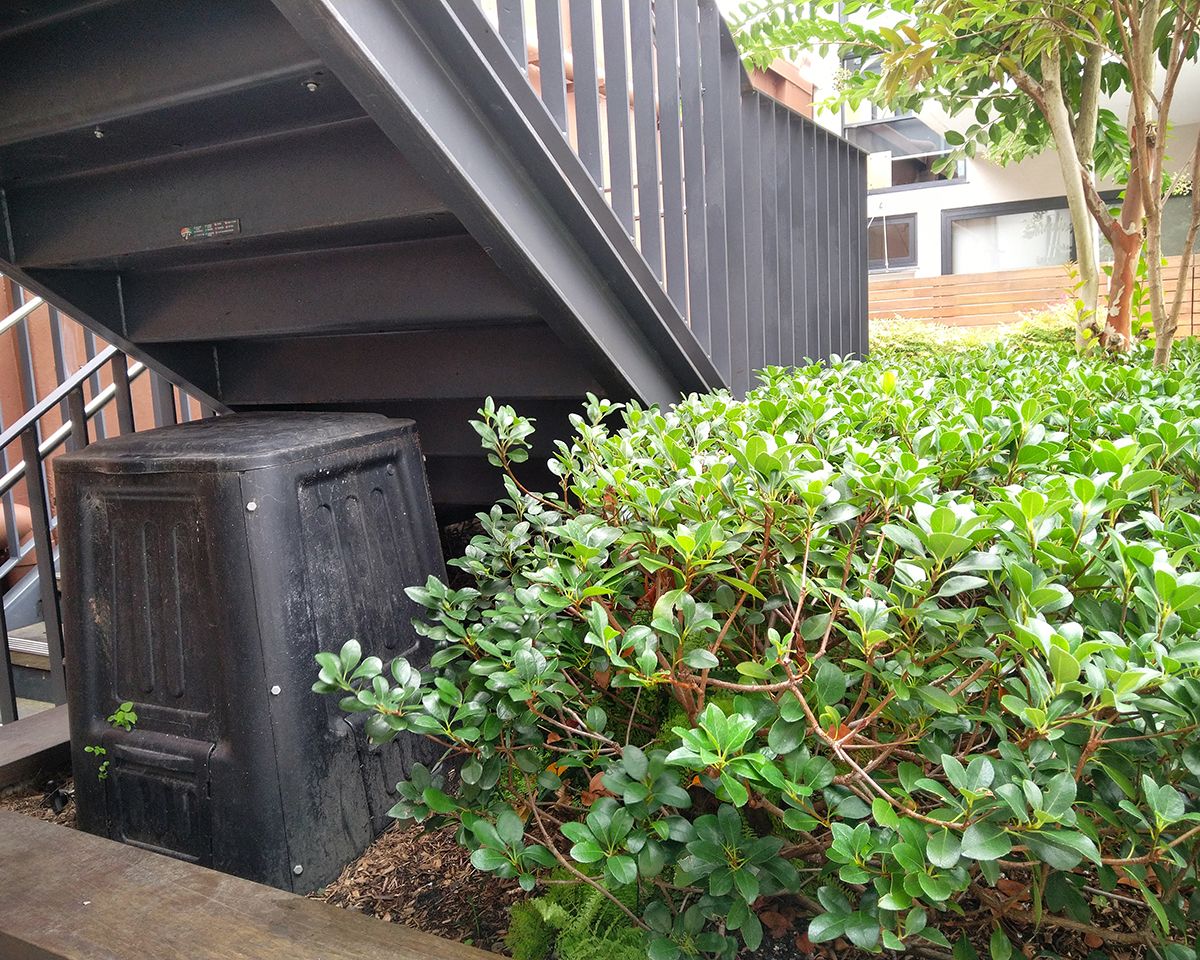
If you need help choosing the right compost system we are here to help. For most people a collection of pallets isn't going to cut it, especially not in an urban environment. Please contact us for one-on-one guidance. We also create regular free webinars & online tutorials which are useful at the beginning of your compost journey. We can all learn how to be better revolutionaries together!


